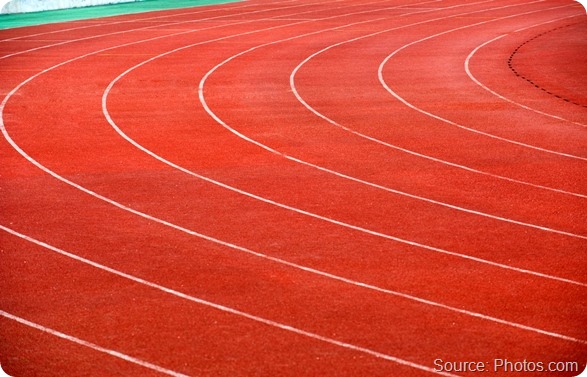Olympic athletes appear to be at an increased risk of poor dental health, an outcome that may negatively impact on their well-being and also on their ability to train and perform, research shows.
“It is amazing that many professional athletes – people who dedicate a huge amount of time and energy to honing their physical abilities – do not have sufficient support for their oral health needs, even though this negatively impacts on their training and performance,” says lead author of the study Professor Ian Needleman from the UCL Eastman Dental Institute in London, UK.

As reported in the British Journal of Sports Medicine, 302 athletes representing 25 different sports underwent an oral health check at a dental clinic in the Olympic village at the London 2012 Olympic games. They were also asked to describe any impact of oral health on their quality of life, training and performance.
Results showed that, overall, the athletes had a high level of poor oral health. More than three quarters (76%) had gingivitis or gum disease and 15% had periodontitis, a severe form of gum disease that damages the soft tissue and bone that surround and support the teeth.
Fifty-five percent of the participants had tooth decay, 45% had dental erosion, and 41% had tooth decay that had irreversibly eroded the dentine - the calcified material underneath the enamel that forms the main part of the tooth.
In addition, 40% of the participants reported being “bothered” by their oral health, with 28% saying the problem impacts on their quality of life and 18% claiming detrimental effects on their training and performance.
Needleman and team also report that nearly half (46.5%) of the athletes said they had not attended a dental examination in the previous year and 8.7% said they had never visited a dentist at all.
"Oral health assessment should be part of every athlete's routine medical care,” advises Needleman. "If we are going to help them optimise their level of performance we need to concentrate on oral health promotion and disease prevention strategies to facilitate the health and wellbeing of all our elite athletes."
The findings support previous studies reporting poor oral health among athletes, something which researchers suggest may result from frequent consumption of carbohydrates, an impaired immune response as a result of intensive training and a general lack of awareness about the possible impacts of poor oral health on performance.